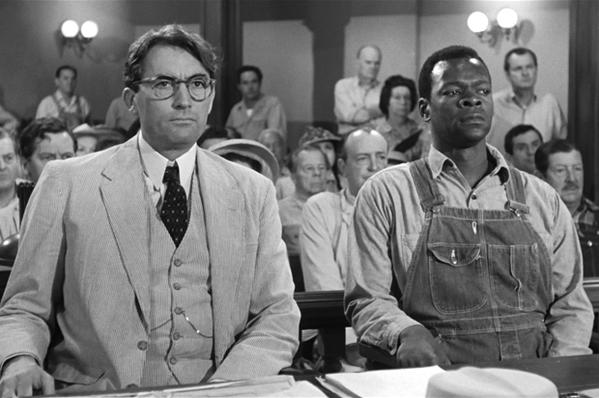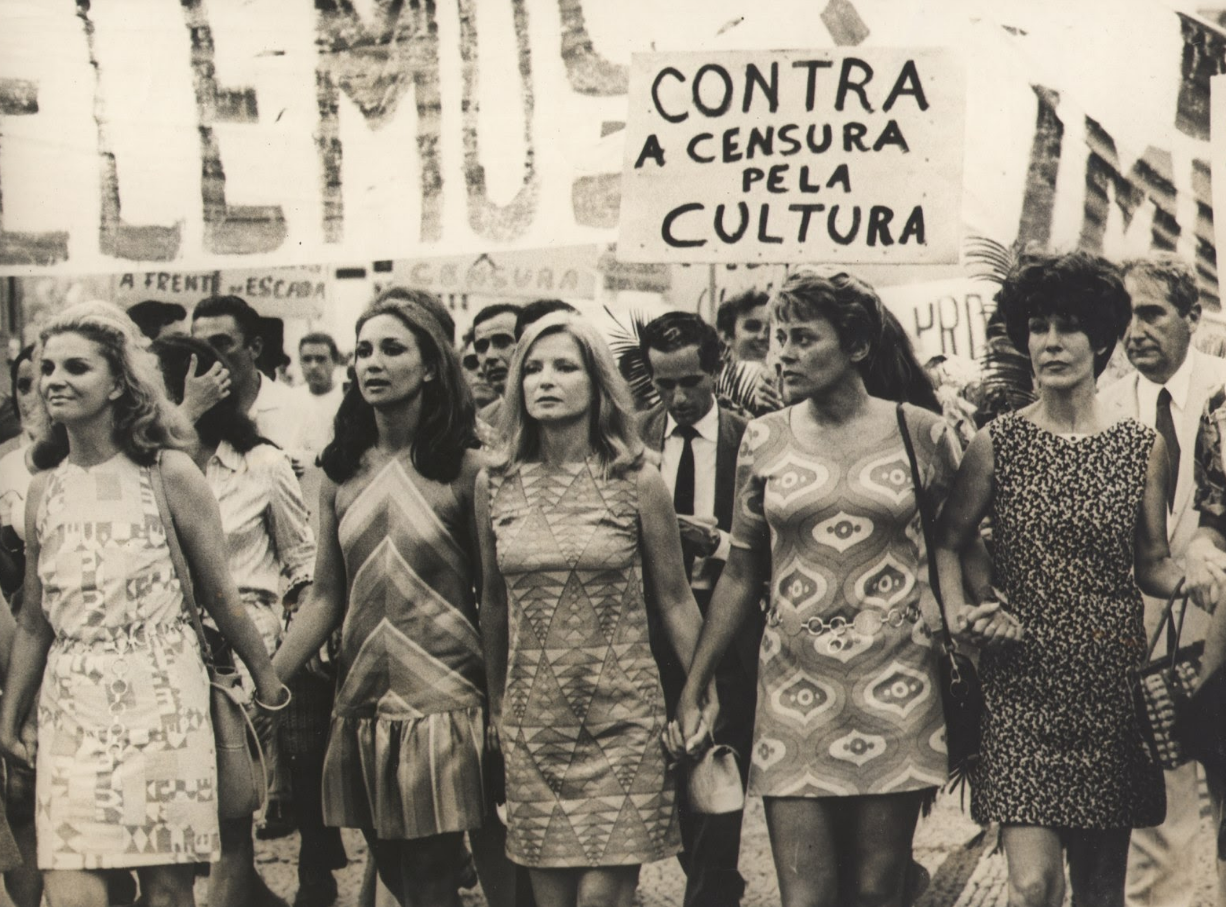Late in the morning of February 3rd, Twitter was inundated with tweets heralding an announcement that thrilled many people: Harper Lee, of To Kill a Mockingbird fame, will be releasing a sequel to her critically acclaimed 1960 novel.
Literary bombshell: Harper Lee to publish a sequel to “To Kill a Mockingbird” http://t.co/x7FFLSDeEq pic.twitter.com/BZdKBhTzgx
— Salon (@Salon) February 3, 2015
Harper Lee is publishing a new novel, I'm beside myself with excitement http://t.co/hj0QdCnYYh @charlottebush2 @WmHeinemann
— VINTAGE Books (@vintagebooks) February 3, 2015
Second Harper Lee novel to be published in July http://t.co/6mFgLLbMyi pic.twitter.com/zcBC45TrxC
— The Boston Globe (@BostonGlobe) February 3, 2015
To Kill a Mockingbird, widely taught in English literature classrooms across the world, follows a young girl named Scout Finch and her brother Jem as they navigate a world steeped in racial injustice and outright violence. In their Great Depression-wracked Southern town, the children find themselves jolted into reality as their lawyer father, Atticus Finch is appointed to the defense of a black man in a world where everything is set against people of color. Atticus Finch has been hailed as a model that lawyers should aspire to, and a moral figure that parents should glean lessons from to pass on to their children.[1][2]
This is not to say Atticus Finch has not been without his own controversies. His treatment of a woman who accused Tom Robinson – Atticus’ client – of raping her errs on the classist.[3] His character has been accused of espousing the kind of loose racial justice that does not bind him to radical reform but, rather, to the kind of action that appeases and accommodates the racist without addressing the broader context within which racism persists.[4] But this is not a character sketch of Atticus Finch; this is a celebration of a novel that has captured the hearts and minds of millions around the world, a novel that finds itself selling more copies per year than other 20th century classics such as The Great Gatsby and The Catcher in the Rye.[5] And this is a pre-emptive homage to the sequel coming out this July, Go Set a Watchman.
Let’s rewind a few months to when the Grand Jury came out with its infamous decision regarding the murder of an unarmed Michael Brown at the hands of a white cop; in the outrage that followed, and in the grief that followed, many found solace in the words of Harper Lee – and those of Atticus Finch and his children.
https://twitter.com/dianejeanty/status/537398705473994752
A quote from "To Kill a Mockingbird" showed up on my newsfeed. Pulled out my copy from 8th grade to find it. pic.twitter.com/cJ5ytRhpKl
— Saba Hamedy (@saba_h) November 25, 2014
Whether it be “Hands up, Don’t shoot” in Ferguson or “I can’t breathe” in Staten Island, the disenfranchised voices of America found something in To Kill a Mockingbird. As Matthew C. Whitaker notes in a CNN column, “Black men occupy and distress the psyches of many white Americans, the way Tom Robinson in Harper Lee’s To Kill a Mockingbird unsettled the white folks of Maycomb, Alabama. Justice, for black men, often seems whatever officers deem it to be.”[6]
Black Lives Matter has become more than a mantra – it is a movement that has taken the United States by storm, and whether or not you agree with their methodology is irrelevant to the point that the civil rights movement, be it in pockets or in swaths, lives on in 2015. This is the climate in which Go Set a Watchman is to be released. Right now, we can only hypothesize as to what the plot of this new novel will bring. All we know is that it was written before To Kill a Mockingbird and features an adult Scout Finch returning to “[…] Lee’s famed Maycomb, Alabama, during the mid-1950s, 20 years after To Kill a Mockingbird and roughly contemporaneous with the time that Lee was writing the story. The civil rights movement was taking hold by the time she was working on Watchman.”[7]
The implications of the release of the novel are manifold: the context within which it is to be published is ripe with discontent, renewed racial tension, and escalated income inequality. The spirit of Scout Finch’s world unfortunately lives on. That we still need Atticus Finch’s words, that they still resonate with us, does not just speak to the timelessness of a great literary classic: it speaks to the tragedy of reality.
Despite ending on a bleak note, I hope that we can find solace and hope in Lee’s words. I hope that we can find encouragement in her lessons. And, more than anything else, I hope we can find the renewed will, the strength, the ability to end racial inequality.
[1] Lithwick, Dahlia. “My Legal Hero: Atticus Finch.” The Guardian. September 1, 2010. Accessed February 3, 2015. http://www.theguardian.com/law/2010/sep/01/dahlia-lithwick-legal-hero-atticus-finch.
[2] Allen, David. “What To Kill a Mockingbird Can Teach Parents.” BBC. June 14, 2014. Accessed February 3, 2015. http://www.bbc.com/culture/story/20140613-what-would-atticus-finch-do.
[3] Roberts, Diane. “Atticus Finch: A Hero Who Lost The Battle.” NPR. June 10, 2010. Accessed February 3, 2015. http://www.npr.org/templates/story/story.php?storyId=128443468.
[4] Gladwell, Malcolm. “The Courthouse Ring.” The New Yorker. August 10, 2009. Accessed February 3, 2015. http://www.newyorker.com/magazine/2009/08/10/the-courthouse-ring.
[5] Zipp, Yvonne. “Scout, Atticus & Boo.” The Christian Science Monitor. July 7, 2010. Accessed February 3, 2015. http://www.csmonitor.com/Books/Book-Reviews/2010/0707/Scout-Atticus-Boo.
[6] Whitaker, Matthew. “American Justice Different for Black Men.” CNN. August 20, 2014. Accessed February 3, 2015. http://www.cnn.com/2014/08/20/opinion/whitaker-ferguson-shooting/.
[7] Italie, Hillel. “News from The Associated Press.” The Associated Press. February 3, 2014. Accessed February 3, 2015. http://hosted.ap.org/dynamic/stories/U/US_BOOKS_HARPER_LEE?SITE=AP&SECTION=HOME&TEMPLATE=DEFAULT.



